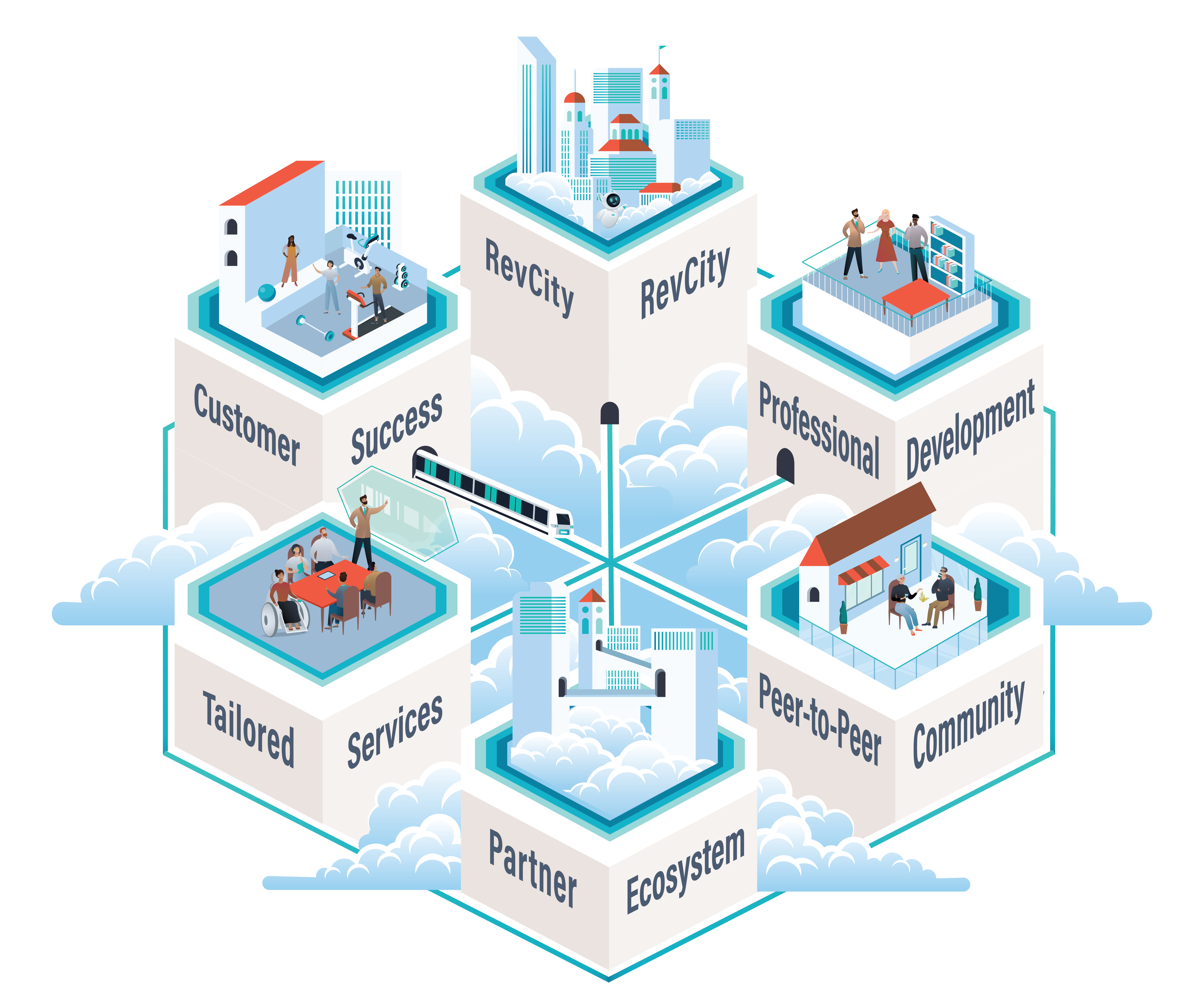Adopting marketing technology can be tricky for any company, but for international organizations, it poses some extra challenges. There are many stakeholders throughout the enterprise with their own goals and concerns, and they must all be convinced that a new martech solution will sufficiently address them.
In a recent webinar, Matt Heinz (of Heinz Marketing), Richa Pande (Global Account Marketing leader with HP Inc.), and Kerry Cunningham (6sense’s Senior Principal of Product Marketing) discussed how enterprise companies can strategically and efficiently add new martech systems to their tech stacks.
It’s a worthwhile watch, but if you’re short on time, here are some highlights.
New Martech for New Ways of Selling
Before the COVID-19 pandemic, sales teams relied heavily on face-to-face interactions to connect with customers, such as trade shows and in-person meetings. But lockdowns and social distancing necessitated a shift toward going fully digital in order to reach prospects and keep them engaged.
Many companies adopted marketing tools that offer automation, as well as platforms for determining and measuring customer intent and engagement. Collaboration tools also became more popular than ever and have become synonymous with martech.
“Even though one really doesn’t think of Zoom as a part of martech, it is, if you think about it,” said Richa. “So many events have been powered by Zoom [that] it has become a martech tool.”
Traditional Systems Don’t Meet Modern Sales Needs
Another change over the past two years has been a shift away from lead-based sales platforms. With account-based marketing becoming the more mainstream approach, systems that rely on traditional lead-based sales serve the needs of fewer and fewer companies.
When using lead-based systems, Kerry observed, companies hit a dramatically low maximum conversion rate of 1% to 1.5% on average.
To boost conversions and sales, companies need to know which accounts are interested in their offerings, what those accounts care about, and when they are in-market and ready to buy.
Passion Is the Key to Successful Martech Adoption
As Richa noted, convincing all stakeholders that a new technology is worth the investment can be challenging.
From the point of view of someone proposing the adoption of a new martech platform, it can look like the solution to all of sales and marketing’s problems. But beyond the obvious C-suite stakeholders making the final decision, there are often other experts across the company that you also must engage — like those who will be managing and using the technology.
You’ll need to educate these individuals on:
- Potential ROI
- The rollout process
- Adoption demands
- Management and maintenance needs
- And other details
To effectively persuade all stakeholders , you must be passionate about the technology you want to adopt. But Kerry also recommended taking a step back to evaluate why the technology is worth adopting, and account for potential unintended consequences that might accompany it. He cautioned, “A lot of our ‘right’ ideas are not as right as we think they are. We just need to slow down, take a look.”
The Adoption of New Tools Means Adopting a New Way of Doing Business
While there’s a growing push toward increased agility and embracing the latest technology, it’s crucial to be intentional with digital transformation and consider the impact it will have on the way your company does business.
“Some of these tools and the significance they have, they’re not just tools,” Matt explained. “This isn’t something you’re going to plug into WordPress. This is going to change the way you go to market.”
In other words, give your revenue team time to adapt and consider a progressive adoption of new martech tools instead of attempting to change everything at once.
To Be Continued…
You might be eager to adopt new martech and start reaping its benefits, but before you get too excited, take the necessary steps to figure out what it means for your business and prove its value to stakeholders.
Based on the insights shared by Matt and the webinar panelists, you can approach martech adoption in ways that motivate your revenue team to get the most out of cutting-edge tools and platforms.
We’ll have more valuable takeaways from this webinar — including some best practices that can help you turn these insights into action — in a future blog post. If you don’t want to wait, check out the webinar today.






